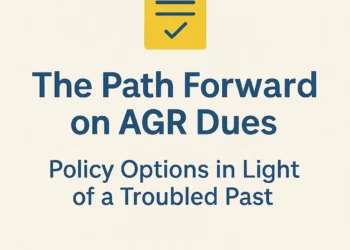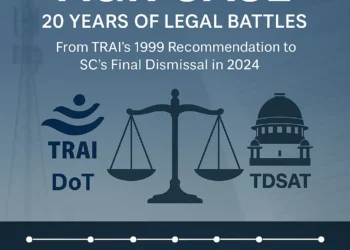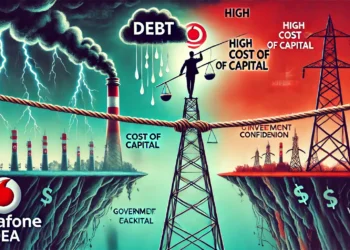Yesterday, the SC came down heavily upon the operators that it won’t allow them to highjack its judgment by enabling them to do self-assessment/re-assessment of the dues which were placed before it by the DoT during the proceeding of this case (See SC Order). This blocks all options of the operators to reduce their outflows. Hence they have no options but to pay dues as demanded by DoT – even if this demand inadvertently includes items that are allowed by the SC judgment (like pass-through revenues of roaming and IUC). It is understood, that in some case, the DoT’s hasn’t allowed the operators for circles to deduct payments of IUC and roaming due to the absence of proof (properly signed and stamped bank statements on every page). Unfortunately, the operators could not convince banks for the same due to increased workload on part of the bank official. There could be other items similar to the above which might have got included in the DoT’s demand. Lack of self-assessment and discussion with DoT officials would lead to DoT collecting money more than what has got set on account of the SC judgment on 24th Oct 2019. The purpose of this note is to analyze why and how we got into this bizarre situation.
The Migration Package was open-ended
The migration package called for sharing a percentage of the “gross revenue”, which shall be “total revenue” of the licensee company, barring some deductions (clause 3 of migration package dated 22nd July 1999). This clause also stated that the final decision on the “definition of revenue” will be taken after the receipt of TRAI’s recommendation. Hence, it is clear that at the time of signing of the migration package DoT had set the perception that operators will get a fair chance (through TRAI consultation) to contribute to the process of deciding “definition of revenue”. But DoT unilaterally disregarded all suggestions (including TRAI’s recommendations), that too without sighting any reasons, thereby laying the foundation of litigation. Had the “definition of revenue” was clearly defined in the migration package itself without any ambiguity, then there would not have been any case for the operators to litigate. Hence, given this history, can it be concluded that the operators have been greedy, i.e after having hugely benefited from the migration package, they deliberately chose to litigate to prevent rightful dues from getting collected by the government? Readers to decide for themselves.






